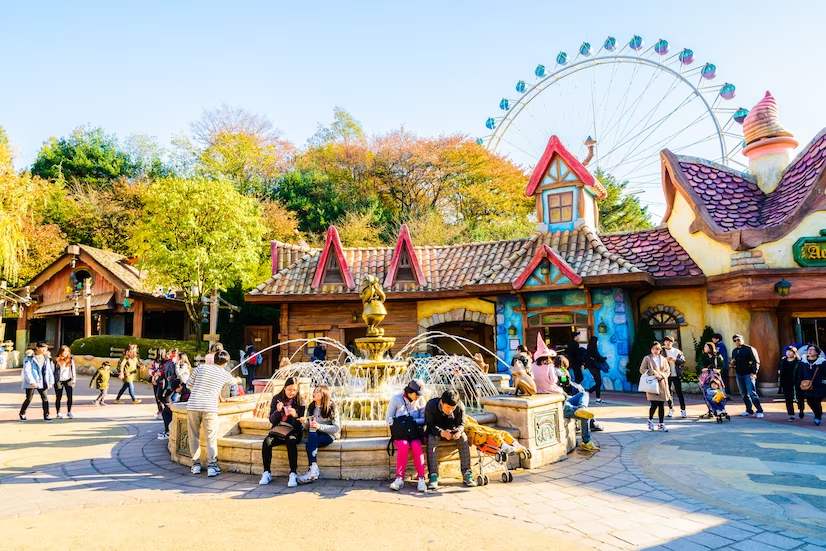- Travel Inspiration
- October 16, 2024
- No Comment
- 150
Revolutionary Enlightening Learning: What is one college course that changed the way you looked at the world?

College Course that Changed the way– Introduction to Sociology, a single College Course, completely altered my perspective on the world. I had no idea how much social structures affect our daily lives before I started this course. My understanding of the intricate networks, social mores, and injustices that influence how individuals and institutions interact has enhanced as a result of studying sociology. I’ll discuss in my blog how this course radically changed my perspective on the world, how I relate to people, and how I perceive myself as a member of a larger community.
The Lens of Sociological Perspective
The first thing that really stuck with me from my sociology class was the idea of the “sociological perspective“—the ability to draw a connection between one’s own experiences and larger social forces. This means taking into account the ways in which individual choices, as well as historical, cultural, and societal variables, influence human behavior. For instance, even though I used to think of poverty as a personal shortcoming, the course helped me see that systemic issues like discriminatory hiring practices and unequal access to jobs, healthcare, and education are what keep individuals in poverty.
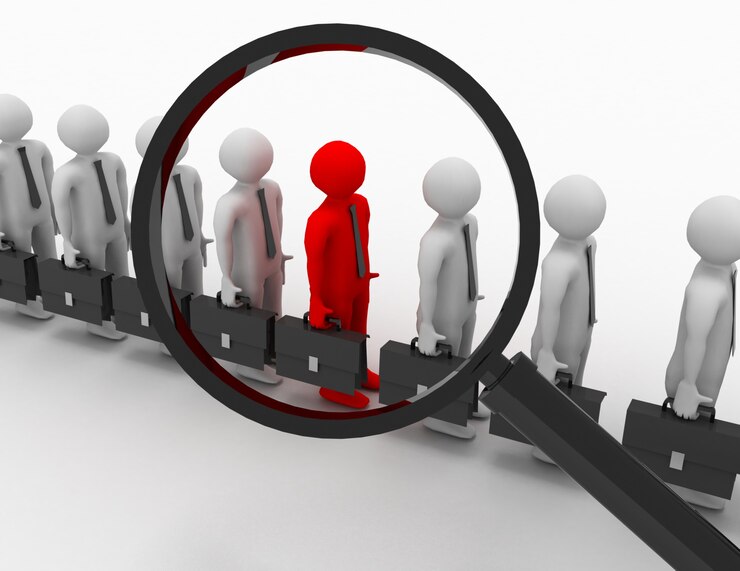
In my sociology class, the concept of the “sociological perspective”—the capacity to recognize the connection between personal experiences and more significant social influences—was the first thing that really stuck with me. This entails considering human behavior as behaviors impacted by historical, cultural, and societal factors in addition to individual decisions. For example, although I used to view poverty as a personal failing, the course made me realize that systemic problems like unequal access to healthcare, education, and jobs, as well as discriminatory hiring practices, are what keep people in poverty.
Structure and Agency
One of the most significant ideas I studied in sociology was the struggle between structure and agency, or the topic of how much of our lives are influenced by societal institutions (including class, race, and gender) against our own decisions and actions. Before enrolling in this course, I largely agreed with the idea that each person is alone responsible for their own achievements or failures. But after discovering the limitations imposed by societal structures, I realized that not everyone had access to the same chances. For instance, compared to someone born into wealth, a low-income person may have less educational possibilities and, as a result, have more trouble finding high-paying professions.
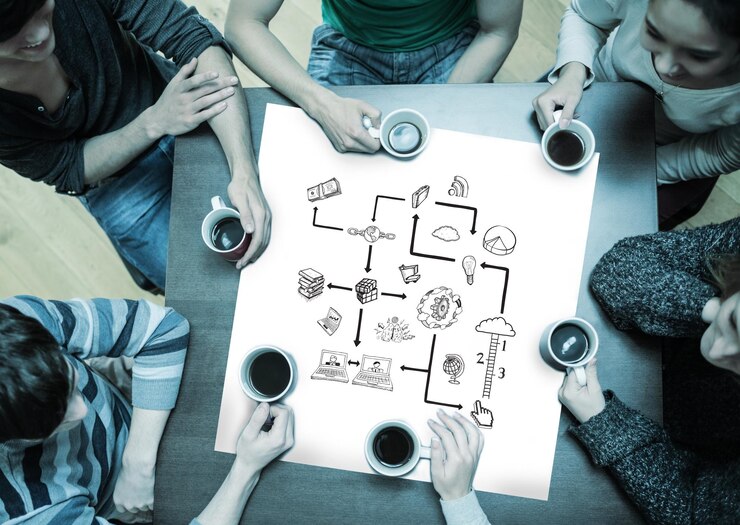
The meritocratic belief that “hard work always leads to success” was called into question by this insight. Although it plays a significant role, personal effort is not the only factor that affects results. I started to see that systemic reform and individual action are both necessary for societal change as a result of studying these intersections between structure and agency.
The Role of Social Institutions
Learning about social institutions—the structured social structures that support order, such as the family, the legal system, education, and religion—was one of the course’s most eye-opening topics. I didn’t really understand how these institutions shaped society norms and behavior until I took this class.

One social institution that has a significant impact on a person’s values, work ethic, and worldview is the family. Conversely, education not only transfers knowledge but also contributes to the maintenance of social hierarchies. Students from wealthy families, for example, frequently have access to superior educational resources, which results in an unfair advantage that upholds societal injustices. With this knowledge, I was better able to evaluate the institutions in my community and became more conscious of the subtle ways in which they affect people’s lives but aren’t always obvious.
The Construction of Reality
One fascinating topic in sociology is the idea of social constructionism—the belief that our understanding of reality is shaped through social interactions and cultural norms, rather than being purely objective. This includes things like gender roles, race, and even ideas of beauty. For instance, what is considered “beautiful” or “normal” varies significantly across cultures and time periods. These are not inherent truths but social constructs created and maintained by society.
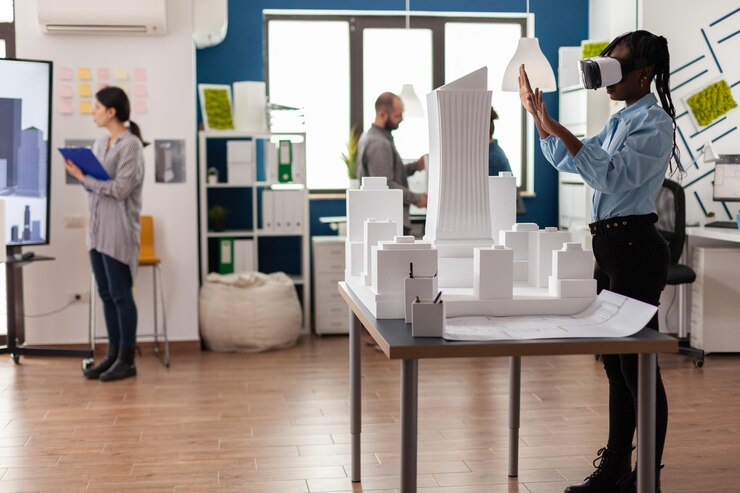
This idea significantly changed my perspective on the world. I started to see how much of my opinions, values, and beliefs were influenced by my upbringing’s social and cultural context rather than by any kind of objective reality. I became more inquisitive about the variety of human experiences and more receptive after coming to this knowledge. I started to investigate various viewpoints and challenge presumptions, both domestically and internationally.
Globalization and Interconnectedness
Another major takeaway from the course was the concept of globalization—the increasing interconnectedness of countries and cultures through trade, technology, and communication. I learned how globalization influences everything from the clothes we wear to the food we eat. It also shapes migration patterns, environmental policies, and even political decisions. This realization made me more aware of the global context of local events.
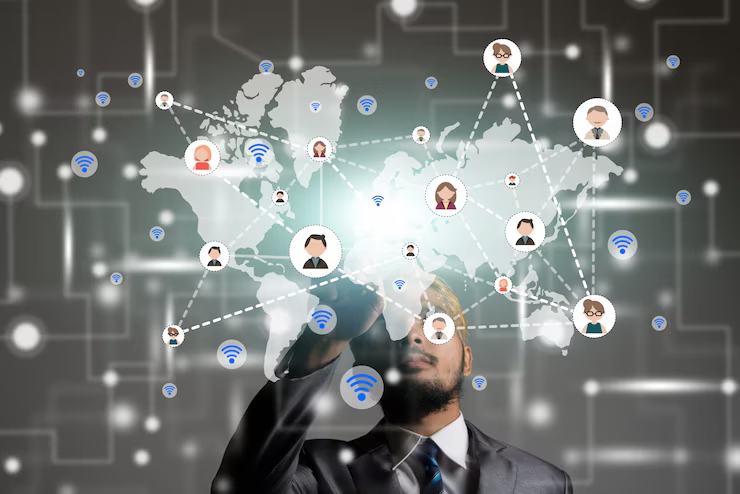
For example, I became more aware of how decisions made about the economy in one nation might affect people in another nation halfway around the world. This interconnectedness also made me rethink issues like climate change, which is not just a national problem but a global one that requires coordinated action across borders. I came to see that even as a person, my activities affect more extensive global systems.
Understanding Inequality and Privilege
The study of privilege and inequality is one of sociology’s most important lessons. Reading about inequality in the news is one thing, but really comprehending how societal power and privilege structures function is quite another. Regardless of sexual orientation, gender, class, or ethnicity, the course made it easier for me to understand how some groups benefit from systemic prejudice while others encounter obstacles.

For instance, learning about the idea of “white privilege” in largely Western nations increased my awareness of how race influences people’s chances, everyday experiences, and interactions with institutions like the police and educational system. Understanding gender disparity has made it easier for me to grasp how stereotypes and society expectations affect men and women differently. I grew more devoted to promoting equality and justice in my personal life as well as in the larger community after realizing these disparities.
The Power of Social Change
Knowing that social transformation is possible was probably the most liberating lesson learned in this sociology class. Societies are dynamic; they change over time, and this change frequently starts with common people opposing unfair systems. The fight for LGBTQ+ rights, the worldwide feminist movement, and the Civil Rights Movement are just a few examples of the many people and organizations who have changed the world by standing up for what they believe in.
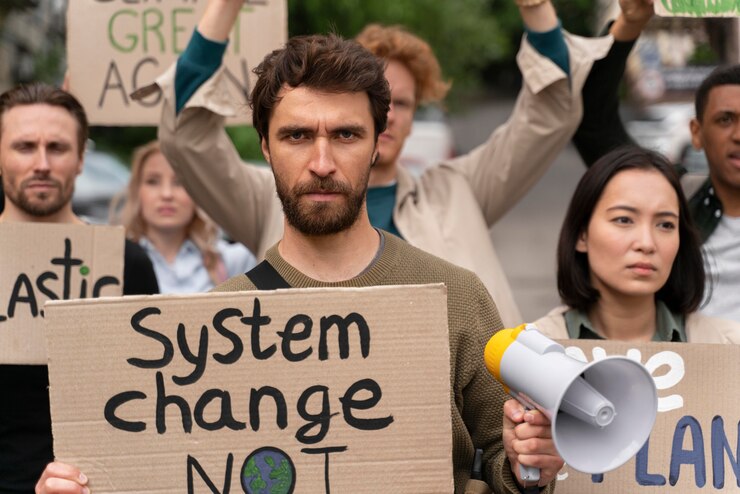
This gave me a sense of agency and responsibility. Rather than feeling powerless in the face of injustice and unfairness, I realized that even small acts can have a big impact on larger social movements. I learned that everyone can help build a more equitable and just society by becoming more knowledgeable, raising awareness, or supporting marginalized groups.
Opinion
To sum up, Introduction to Sociology radically altered my perspective on the world. It gave me the ability to see below the obvious surface of personal experiences and recognize the larger social, cultural, and historical dynamics at work. This training improved my critical thinking abilities, increased my empathy for other people, and gave me a stronger willingness to support constructive social change. My perspective on the complexity of human life and the significance of comprehending the processes that define our world has been heightened by sociology.



